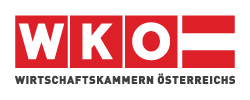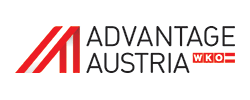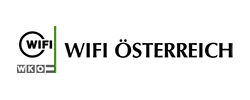
Off-Page/Site Optimization
Examples of factors determining how your site and pages rank for particular keywords from an off-page perspective are Domain and Page authority which are a product of your sites linkscape. What pages are linking to you, how well does their theme matches your sites theme, how trustworthy are these pages, how many links are placed on the page your site is referred, and last but not least - what is the authority of the site / page linking to your site.
Each company will have the same aim – improve rankings for keywords in their local and foreign markets where they compete. The way to get there, however, will be different for each company. Different starting points, different market environment and a different competitive landscape will require a customized off page optimization strategy. In the example above your company is in a fairly good position, however lacks domain rank and trust compared to Competitor 2 & 3. Competitor 1 lacks behind considerably in all factors – but the numbers may not tell the full story. Competitor 1 may still rank very well when taking other factors into account – quality of back links, age of web site, link / c-block ratio and many more. In the example above Competitor 1 ranks very well although they are new but rely on a dedicated and well-thought SEO campaign.
During the SEO campaign we will constantly monitor competitors and find out their linking strategies. Competitors link structure reveals a lot about their link-strategy. This all shall be taken into account when creating a keyword strategy in order to exploit keyword opportunities. An example approach would be to pursue less competitive keywords such as long-tail keywords (i.e.: “SEO for lawyers in London” instead of just “SEO”) as those make up as much as 70% of search terms in any given industry. Optimizing towards transactional and informational search queries, which are mostly long-tail keywords in nature carries the highest keyword value and can be optimized in the short run. Users psychology of how searches are conducted and what terms they use as well as how they end up at specific pages is important to understand. Patterns from various long-tail keyword phrases used by target market need to be extracted and incorporated in the keyword strategy. These strategies have the potential to boost short-term revenue whilst optimizing the site to successfully compete for more competitive keywords over the long run to support a sustainable business strategy.






